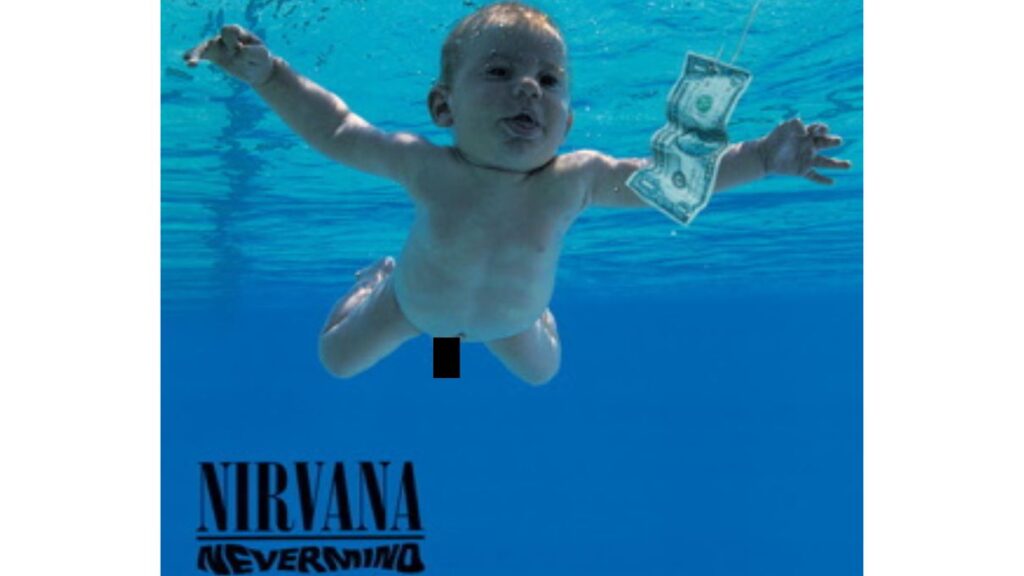Science
The Monk Who Saw the Future: Did an 11th-Century Benedictine Beat Astronomers?
17 February 2026

A US court has concluded the years-long Nirvana album cover lawsuit. Spencer Elden, the infant from the Nevermind album, lost his case against the band, although he does not intend to give up.
In 1991, photographers captured four-month-old Spencer Elden swimming in a pool for the iconic cover of Nirvana’s Nevermind album. The photograph became a pop culture icon, but years later, it re-emerged as the source of a legal dispute. Elden filed the Nirvana album cover lawsuit, claiming that the band used his image without respecting child protection rights.
He also argued that the band used the famous photograph in a way that violated his rights. The case sparked a fierce discussion about the boundaries of art, privacy, and creators’ responsibility. Elden’s key accusation centered on the fact that the photo depicted him naked as an infant. Interestingly, for years he publicly claimed that the photo shoot helped him in life and opened professional doors.
“I’m 23 now and an artist, and that story gave me the opportunity to work with Shepard Fairey for five years, which was an incredible experience. He’s a huge music connoisseur. When he heard I was the ‘Nirvana baby,’ he thought it was awesome. It helps with girls, too. Sometimes they approach me because of it, not the other way around,” he recalled in a 2015 conversation with The Guardian.

Several years later, Elden completely changed his approach. In 2021, he sued the band over the album cover. He claimed that his identity became permanently linked to commercial sexual exploitation. He emphasized that he experienced this as a child, and the photo sold worldwide.
Elden’s first lawsuit failed—the court ruled he filed it too late, after more than a decade. An appeal later reinstated the case and allowed a retrial for the Nirvana album cover lawsuit. Now, the long-awaited ruling has arrived.
The court ruled that Spencer Elden’s nudity in the photo alone was not sufficient to qualify the cover as child pornography.
“Judge Olguin granted the defendants’ motion for summary judgment, finding that in the context of the photo’s creation, its intended purpose, and subsequent use, the ‘album cover does not constitute child pornography.’ This definitively closes Spencer Elden’s case, where he tried to hold Nirvana accountable for using his image as an infant on the 1991 album cover, which sold over 30 million copies worldwide,” Allaboutlawyer.com reports.
Judge Fernando Olguin noted that Spencer Elden repeatedly capitalized on the fame the Nevermind cover gave him. His parents already received $200 at the time of the session, and a friendly photographer took the photo in their presence.
Despite these arguments, Elden has not accepted the decision and announces an appeal. Nirvana’s lawyer, on the other hand, states clearly: the case was baseless, and the court cleared the band of all charges, concluding this chapter of the long-running Nirvana album cover lawsuit.
Worth reading: Censorship is Raging in the UK: Arrests for Social Media Posts
Read this article in Polish: Sąd kończy głośny spór o okładkę Nirvany. Będzie apelacja
Science
17 February 2026



Zmień tryb na ciemny